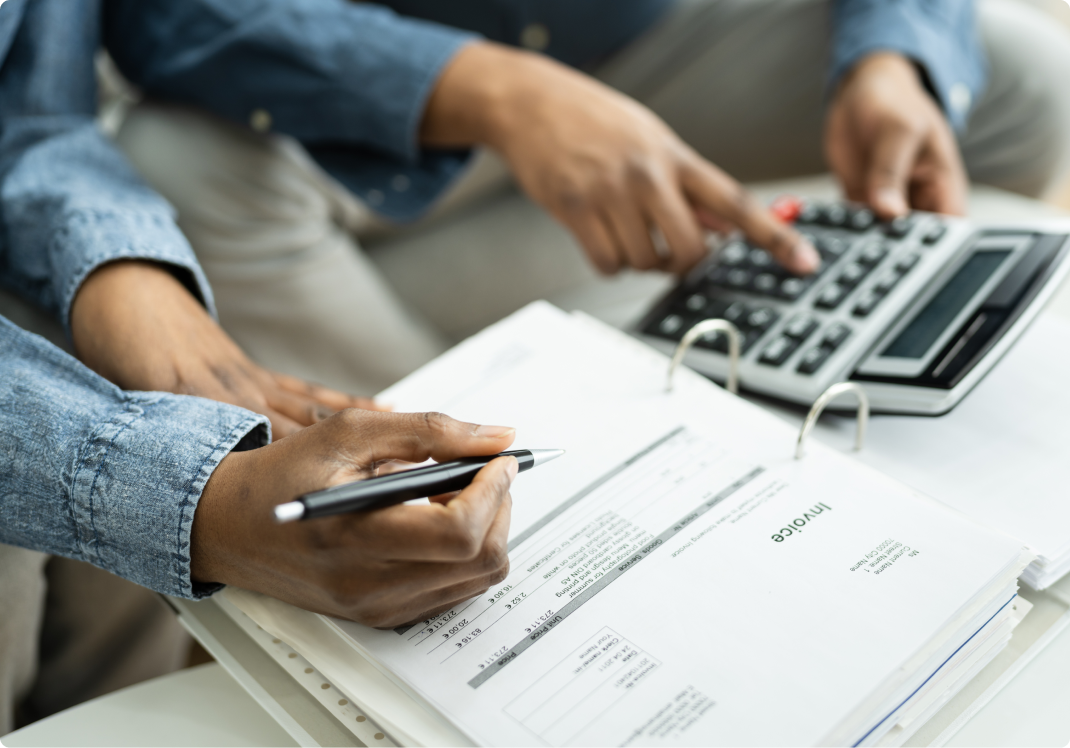Do I get my 401k if I get fired?
The good news: your 401(k) money is yours, and you can take it with you when you leave your employer, whether that means:
- Rolling it over into an IRA or a new employer’s 401(k) plan.
- Cashing it out to help cover immediate expenses.
- Simply leaving it in your old employer’s 401(k) while you look into your options.
Either way, your money’s not going anywhere. You have several options on what to do with it:
- Leave it alone
- Roll it over to a new IRA
- Roll it over to your new employer’s 401(k) plan
- Cash it out
Let’s look at each option…
You can leave your money where it is
If you have more than $5,000 in your 401(k), you can leave it in your old employer’s plan —even if you have less than that, it’s worth asking if they may still let you leave the money where it is. If you have less than $5,000, your employer has the option of making you take a distribution, but not all employers will exercise that right.
This is the easiest option, and the one many people choose when they’re fired suddenly. Of course, you might not even have time to decide what to do with your 401(k) money before you get fired or laid off. Taking the distribution also allows you to use the money as a safety net while you consider your next career move.
How soon do you need to rollover your 401(k)?
If you want to do a direct rollover—your former employer writes a check directly to your new employer for deposit into your new employer’s 401(k) plan—you can pretty much wait as long as you want.
But if you want to do an indirect rollover—cash out the money and then deposit it into another tax-advantaged account yourself—you have 60 days from the time you cash out to deposit the money into another such tax-advantaged account, like an IRA. If you’re planning to roll over the money into another 401(k), you should avoid this option, since your old employer will be required to withhold 20% from your payout for taxes.
Another thing: while you can leave your 401(k) money in your old employer’s plan, you won’t be able to make contributions to it anymore. It may also be hard to make changes to your account, such as updating your beneficiary or changing your address. So, you’ll want to get the money into a new account as soon as you can.
Roll it over to a new IRA
If you leave your old job and don’t know when you’ll be starting a new one, and you don’t want to leave your 401(k) with your old employer, you can roll the money over into a new IRA at the financial institution of your choice. Make sure your old employer does a direct rollover, signing your money over to the IRA management company, rather than to you, so you can avoid paying the 20% tax.
Roll it over to your new employer’s plan
If you’re starting a new job, in most cases you can roll your 401(k) money directly into your new employer’s retirement plan. That’s something to ask about during the onboarding process. You should also ask if your new company will match any of the 401(k) funds that you roll into their retirement plan. If you’re lucky, you’ll get even more money out of your job change.
Only cash it out as a last resort
Let’s say you lose your job and don’t know how you’re going to pay the bills. You have a mortgage, utilities and a family to think about. You might think about cashing out your 401(k) and use some or all of it to meet your immediate needs and keep your family afloat until the crisis has passed.
In most cases, you’d have to pay the 20% tax on your cashed-out 401(k), plus a 10% early withdrawal penalty if you’re under age 59 ½.
Even though you can cash out your 401(k), it should be a last resort. If you spend the money now, you may never meet your retirement goals. And even if you lose money on your 401(k) investments due to stock market volatility, you should recoup those losses over time.
When you lose your job, dealing with your 401(k) may be the last thing on your mind. But you still need to keep your financial future in mind.





